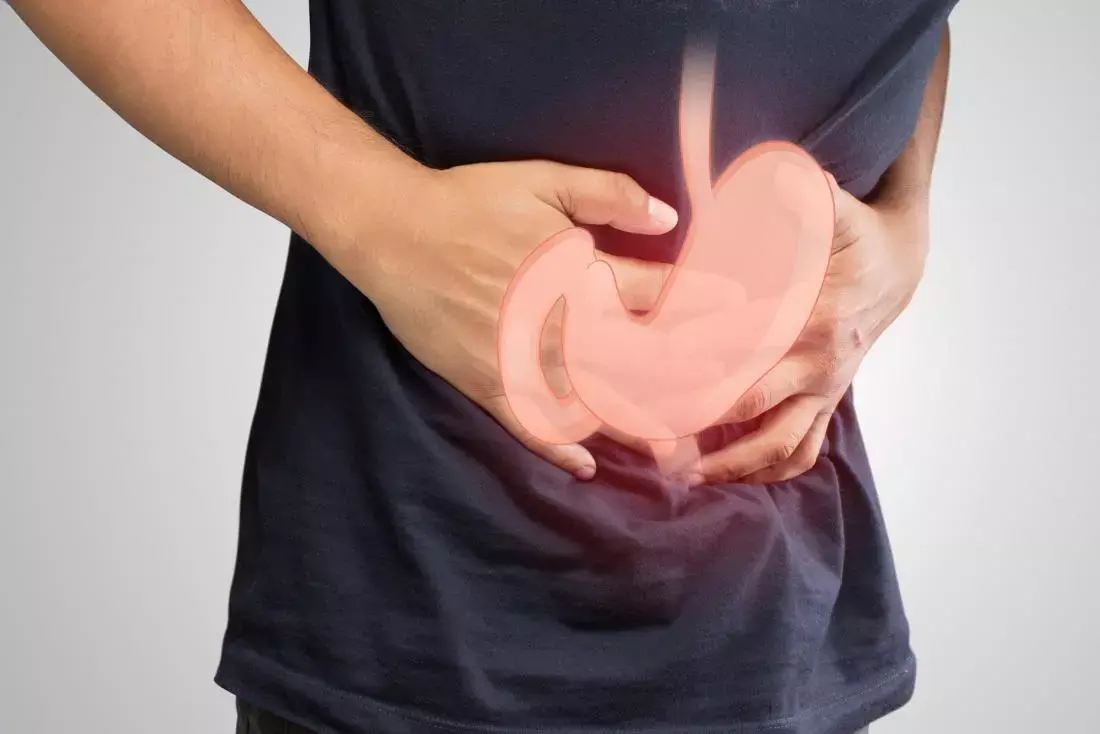- Home
- Medical news & Guidelines
- Anesthesiology
- Cardiology and CTVS
- Critical Care
- Dentistry
- Dermatology
- Diabetes and Endocrinology
- ENT
- Gastroenterology
- Medicine
- Nephrology
- Neurology
- Obstretics-Gynaecology
- Oncology
- Ophthalmology
- Orthopaedics
- Pediatrics-Neonatology
- Psychiatry
- Pulmonology
- Radiology
- Surgery
- Urology
- Laboratory Medicine
- Diet
- Nursing
- Paramedical
- Physiotherapy
- Health news
- Fact Check
- Bone Health Fact Check
- Brain Health Fact Check
- Cancer Related Fact Check
- Child Care Fact Check
- Dental and oral health fact check
- Diabetes and metabolic health fact check
- Diet and Nutrition Fact Check
- Eye and ENT Care Fact Check
- Fitness fact check
- Gut health fact check
- Heart health fact check
- Kidney health fact check
- Medical education fact check
- Men's health fact check
- Respiratory fact check
- Skin and hair care fact check
- Vaccine and Immunization fact check
- Women's health fact check
- AYUSH
- State News
- Andaman and Nicobar Islands
- Andhra Pradesh
- Arunachal Pradesh
- Assam
- Bihar
- Chandigarh
- Chattisgarh
- Dadra and Nagar Haveli
- Daman and Diu
- Delhi
- Goa
- Gujarat
- Haryana
- Himachal Pradesh
- Jammu & Kashmir
- Jharkhand
- Karnataka
- Kerala
- Ladakh
- Lakshadweep
- Madhya Pradesh
- Maharashtra
- Manipur
- Meghalaya
- Mizoram
- Nagaland
- Odisha
- Puducherry
- Punjab
- Rajasthan
- Sikkim
- Tamil Nadu
- Telangana
- Tripura
- Uttar Pradesh
- Uttrakhand
- West Bengal
- Medical Education
- Industry
Is domperidon useful in treatment of gastroparesis?

Gastroparesis is a chronic condition accompanied by abnormal gastric emptying that affects a significant subset of population. It is also associated with diseases like diabetes and hypothyroidism. When it comes to treating Gastroparesis, changes to the diet, along with medication, can offer some relief. Domperidone is a peripherally selective D2 dopamine receptor antagonist used to treat nausea and vomiting as well as complaints of the stomach that occur with delayed emptying. Whereas it is not approved by FDA. Hence, the researchers believed that domperidone will be effective in the reduction of gastroparesis symptoms.
In a multicentric Gastroparesis Clinical Research Consortium(GPCRC) cohort study,748 patients[Gastroparesis(75%)& GP-like symptoms with normal gastric emptying(25%)] were included . The patients were randomized into two groups, domperidone group and non-DOM group. The change from baseline in Gastroparesis Cardinal symptom Index(GCSI)total score, with 3 sub-scales, plus GERD and PAGI-QOL scores between the groups were calculated.
KEY FINDINGS OF THE STUDIES WERE:
Researchers found that at baseline DOM compared to non-DOM patients were significantly younger, had lower BMI, non-Hispanic ethnicity, a higher annual household income, lower narcotic utilization, lower supplemental and complementary medication use, more likely to have delayed GET, as well as worse nausea and fullness scores.
They also found that compared to non-DOM, DOM patients experienced moderate symptoms
They also noted that the group that received domperidone had significant improvement in Gastroparesis outcome measures.
Researchers suggested "Utilizing the method of pragmatic modeling to evaluate long-term treatment of gastroparesis in a large GpCRC database, and the study results show domperidone is effective in improving Gastroparesis symptoms".
For more information: https://doi.org/10.1016/j.cgh.2021.05.063
Medical Dialogues Bureau consists of a team of passionate medical/scientific writers, led by doctors and healthcare researchers. Our team efforts to bring you updated and timely news about the important happenings of the medical and healthcare sector. Our editorial team can be reached at editorial@medicaldialogues.in.
Dr Kamal Kant Kohli-MBBS, DTCD- a chest specialist with more than 30 years of practice and a flair for writing clinical articles, Dr Kamal Kant Kohli joined Medical Dialogues as a Chief Editor of Medical News. Besides writing articles, as an editor, he proofreads and verifies all the medical content published on Medical Dialogues including those coming from journals, studies,medical conferences,guidelines etc. Email: drkohli@medicaldialogues.in. Contact no. 011-43720751


